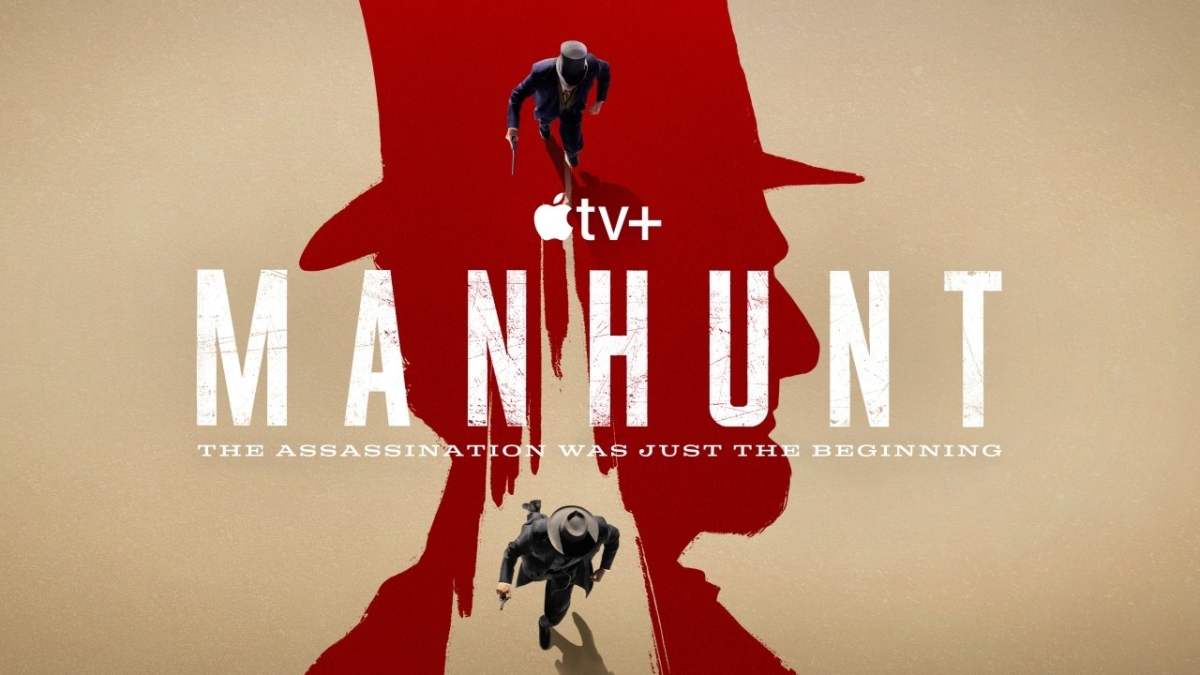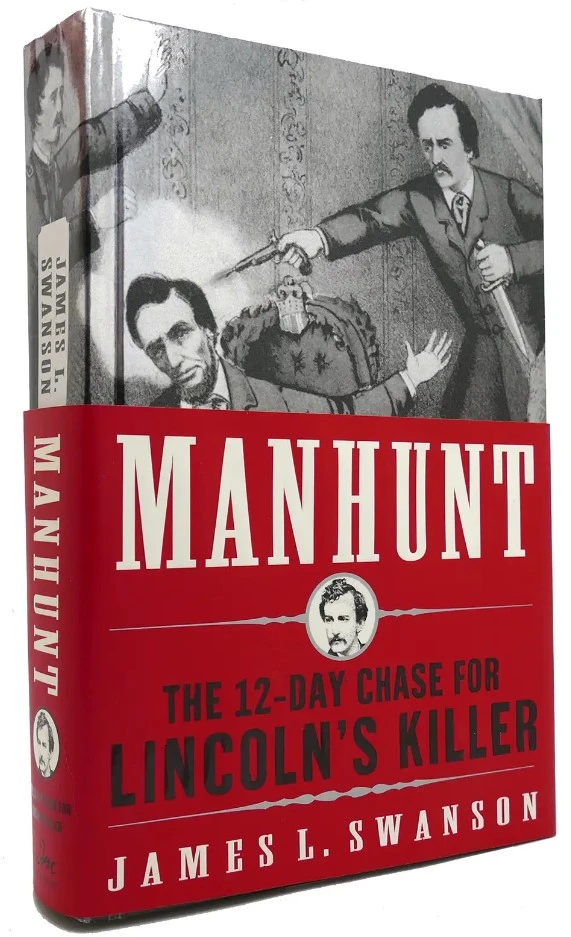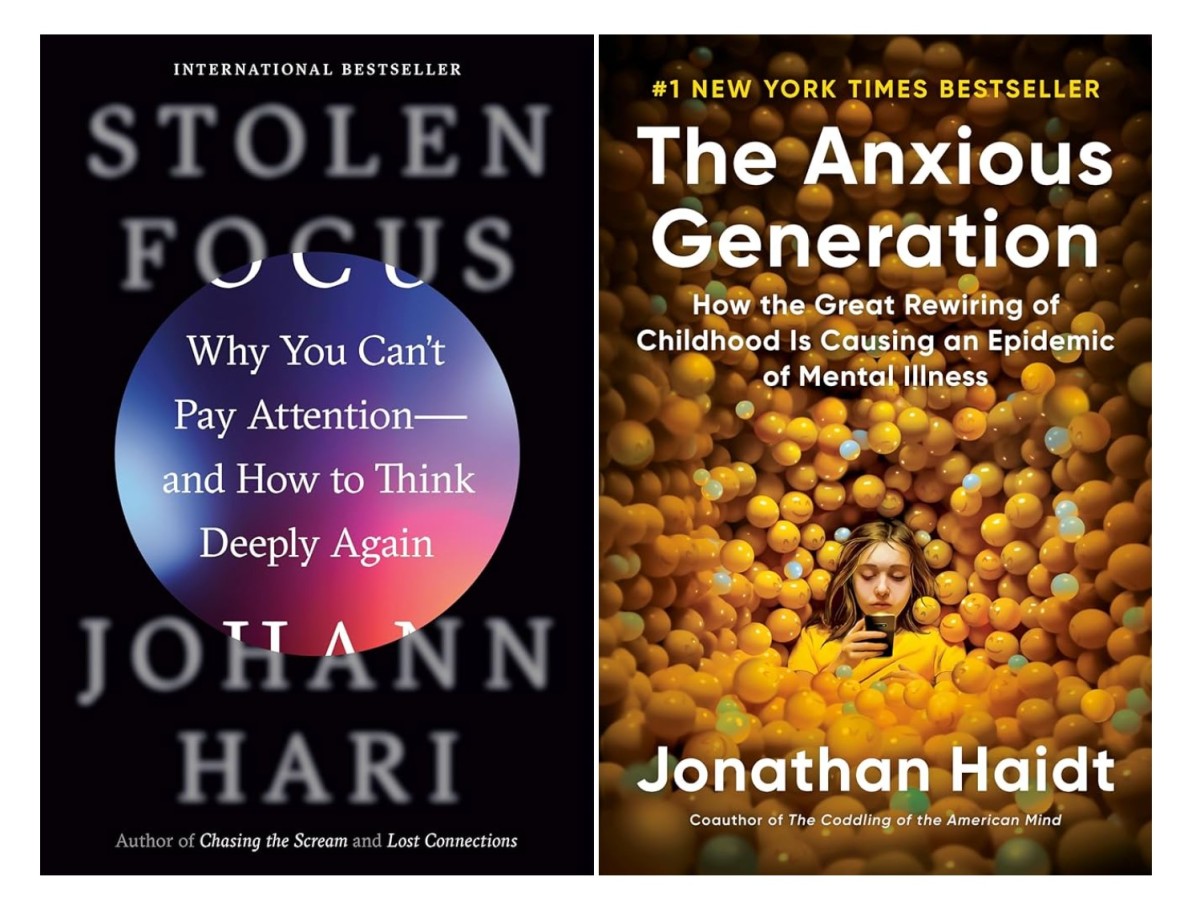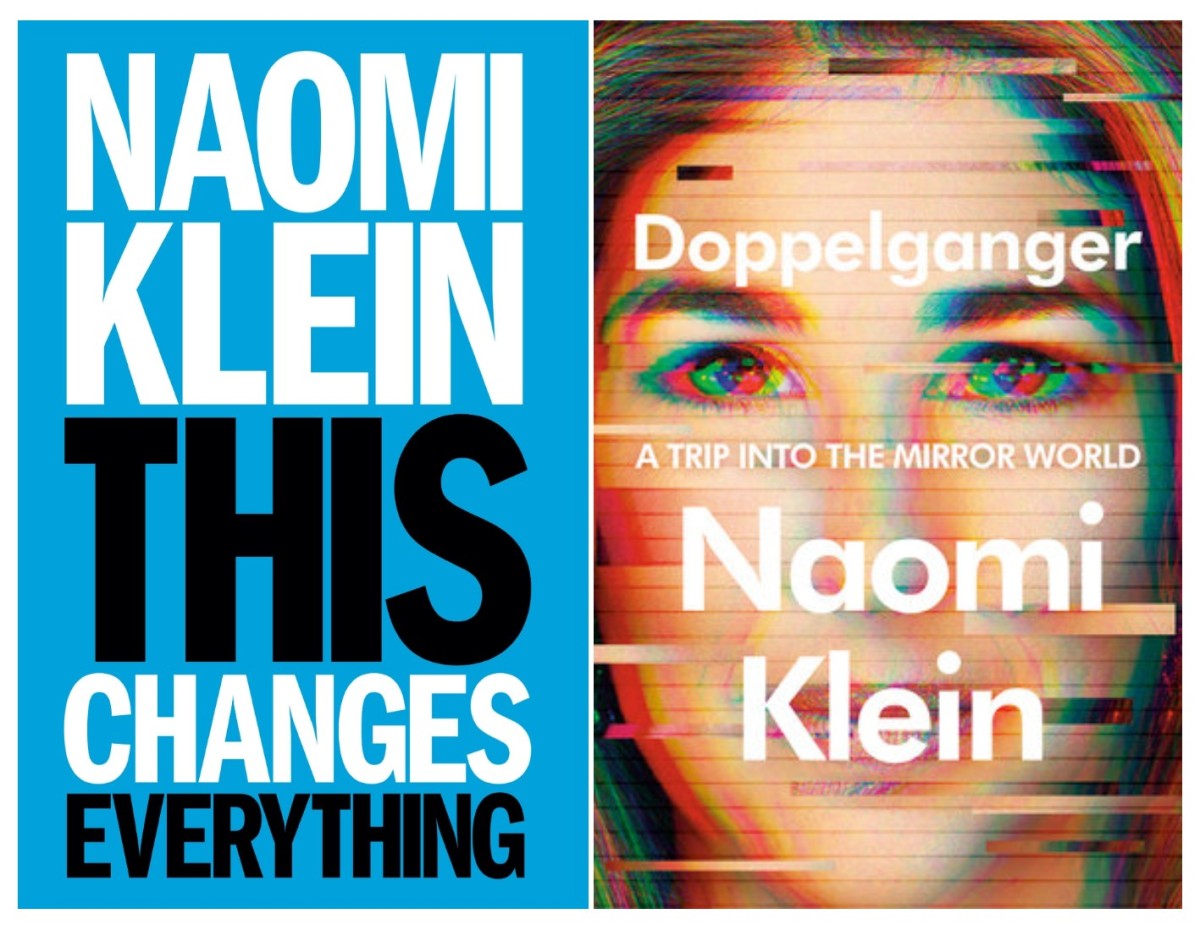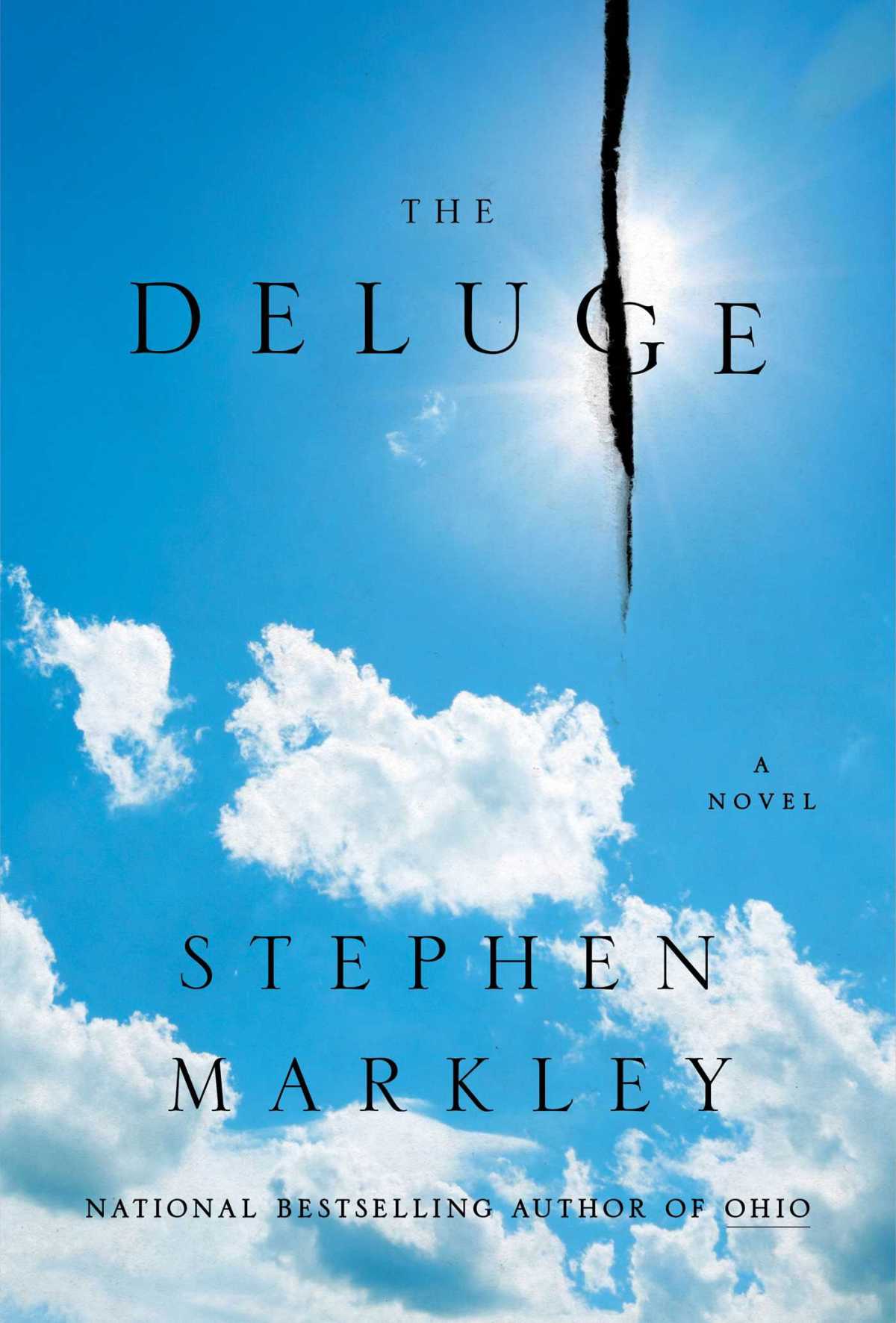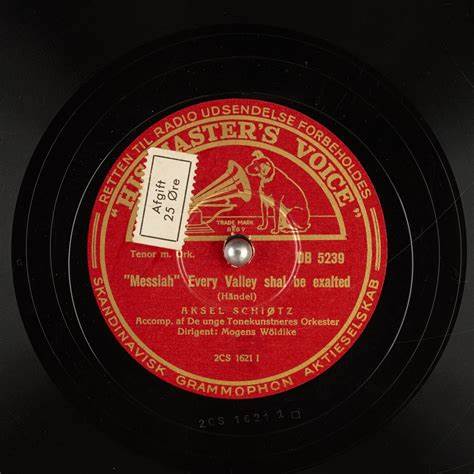by James Wallace Harris, 4/22/24
I divide historical fiction into two types: fiction set in the past, and real history that’s been fictionalized. Susan and I just finished Manhunt, a seven-part limited TV series running on Apple TV+. Manhunt is about the hunt for John Wilkes Booth after he shot Abe Lincoln.
We both loved the show and I felt like I was learning a lot about history that I didn’t know. It made me want to know more.
Then I read “Manhunt Episode 7 Fact-Check: 9 Biggest True Story Changes & Inaccuracies” on Screen Rant. That site has posted over thirty articles about the series and real history, including articles on each episode and how they differed from the facts. Here’s some of the points they bring up:
- Edwin Stanton did not do all the things portrayed in the show. He was not the detective hot on the trail that we saw in the show. Nor did his son help him. This was very disappointing to learn because the show makes a historical hero out of Stanton. I finished the show thinking Stanton was next to Lincoln in historical importance. Now I don’t know if that’s at all true. This bothered me a lot. Stanton did not track Booth south. Nor was Stanton’s asthma a major health issue during the time. And there is no evidence that Stanton ever suspected Johnson had any connection to the conspiracy.
- Many of the details of the assassination differ from history, but historians don’t agree on what happened either. For example, it’s undecided if Booth broke his leg jumping onto the stage or during his getaway. Those kinds of nitpicky details don’t bother me in fiction; however, I wish shows would put a disclaimer at the end.
- John Wilkes Booth didn’t escape Washington due to a fan on sentry duty. This happens in the show when Booth tries to cross a bridge after curfew and a sentry lets him pass because he’s famous. These kind of fictional changes to history I don’t care about, I can easily see them as dramatic speculation.
- John Surratt never met up with David Herold or Samuel Mudd. This is deceiving. The show makes a case that Booth was part of a large conspiracy controlled by the highest levels of the Confederacy. Since the show itself is making a case, like a court case, this kind of false evidence is stacking the deck. I consider this as bad as intentional misinformation used on the internet for political gains.
- The show thoroughly convicts Dr. Samuel Mudd as an active conspirator. I remember as a kid seeing a show that defended Mudd, claiming he was just a doctor following his professional oath. History is undecided about Mudd’s real role, but the show wasn’t.
- The hidden room in The Surratt Boardinghouse didn’t exist. This bit of misinformation made me feel that Stanton was inventing the role of detective and pursuing evidence in a modern way.
- The details of Oswell Swann were quite different. He didn’t know who Booth was, and when he found out later, told the Union soldiers.
- Lincoln’s funeral train was not Eddie Stanton’s idea. I wondered about that when it happened in the show.
- Mary Todd Lincoln never boarded her husband’s funeral train.
- The show completely backs the idea that there was a big conspiracy behind Booth, but there’s no historical evidence to support it.
- Lincoln never spoke to Stanton and Frederick Douglass together.
- Evidently all the stuff about George Sanders, and his role in a conspiracy was made up by the show.
- There is no evidence that Edwin Stanton ever traveled to Montreal.
- Ciphers and codes were so popular during that time period that finding one with Booth was no proof he belonged to a conspiracy.
- There’s no proof that Stanton ordered an assassination of Jefferson Davis.
- Mary Simms left Samuel Mudd a year before Booth came through. She never met Booth. She never had a land grant. Nor did she have a significant role in the trial. Nor was the part with Louis Weichmann true either. And Mary Simms did not attend Howard University. Manhunt the TV shows makes her into a major character of history, and my second favorite character of the show.
- Much of George Sanders’ role was made up, especially to promote the conspiracy theory.
- Agent Lafayette Baker never led a raid on Wall Street, although Confederate sympathizers and supporters dominated Wall Street.
- Edwin Booth was not at Lincoln’s wake.
- Sanford Conover’s role was exaggerated and deceptive.
- Stanton never met Sanders in his office.
- John Wilkes Booth didn’t meet with Confederate soldiers.
- The real Andrew Johnson was much worse than he was portrayed.
- There is no evidence that Stanton questioned Jefferson Davis in his cell.
- Conover’s “pet letter” never existed. This rang false in the show too, but it’s presented as a major piece of evidence that Jefferson was involved in the plot to kill Lincoln. This makes the show come across like Oliver Stone’s JFK.
- The eighteen missing pages of Booth’s diary is a historical mystery. How they are portrayed in the show is fictional. The show led me to believe that Stanton saw something in the eighteen pages that proved there was no conspiracy, and he didn’t want that to come out. That’s damning both Stanton and the show. But that then, that might be the artistic way the show revealed its picture of history could be wrong.
All this information makes me wonder if I should have even watched Manhunt. It was very entertaining, and Susan and I looked forward to every episode. However, the show left me with the impression that Edwin Stanton was Lincoln’s closest confidant, who influenced Lincoln in a major way, and was the architect of Reconstruction. Now I’m left wondering if any of that was true.
I thought about reading Manhunt: The 12-Day Chase for Lincoln’s Killer by James L. Swanson, but now I wonder if it speculates in the same way that the television show does? I’m going to have to do some research before I buy it.
Ultimately, I feel the TV series gave me a false view of history, one that I would have assumed was true if I hadn’t read up on the show. On the other hand, Susan and I really enjoyed the show, and it’s extremely hard to find shows that we both like. We tend to like shows based on history. That’s an intersection of our interests, so I’d hate to give up on such shows.
Yet, it still bothers me. If television shows and movies that are based on history and real people aren’t essentially true to history, then they serve the same purpose as conspiracy theories, spreading misinformation. That troubles me.
I talked with my friend Mike about this, and he says it doesn’t bother him. He says he never expects fiction to be accurate or to teach him about history. I can’t help but feel historical fiction does leave me with the impression that I learned a bit of history. I can’t easily imagine that people who don’t read and study history feel that the history they get from fiction was the way it happened.
JWH

